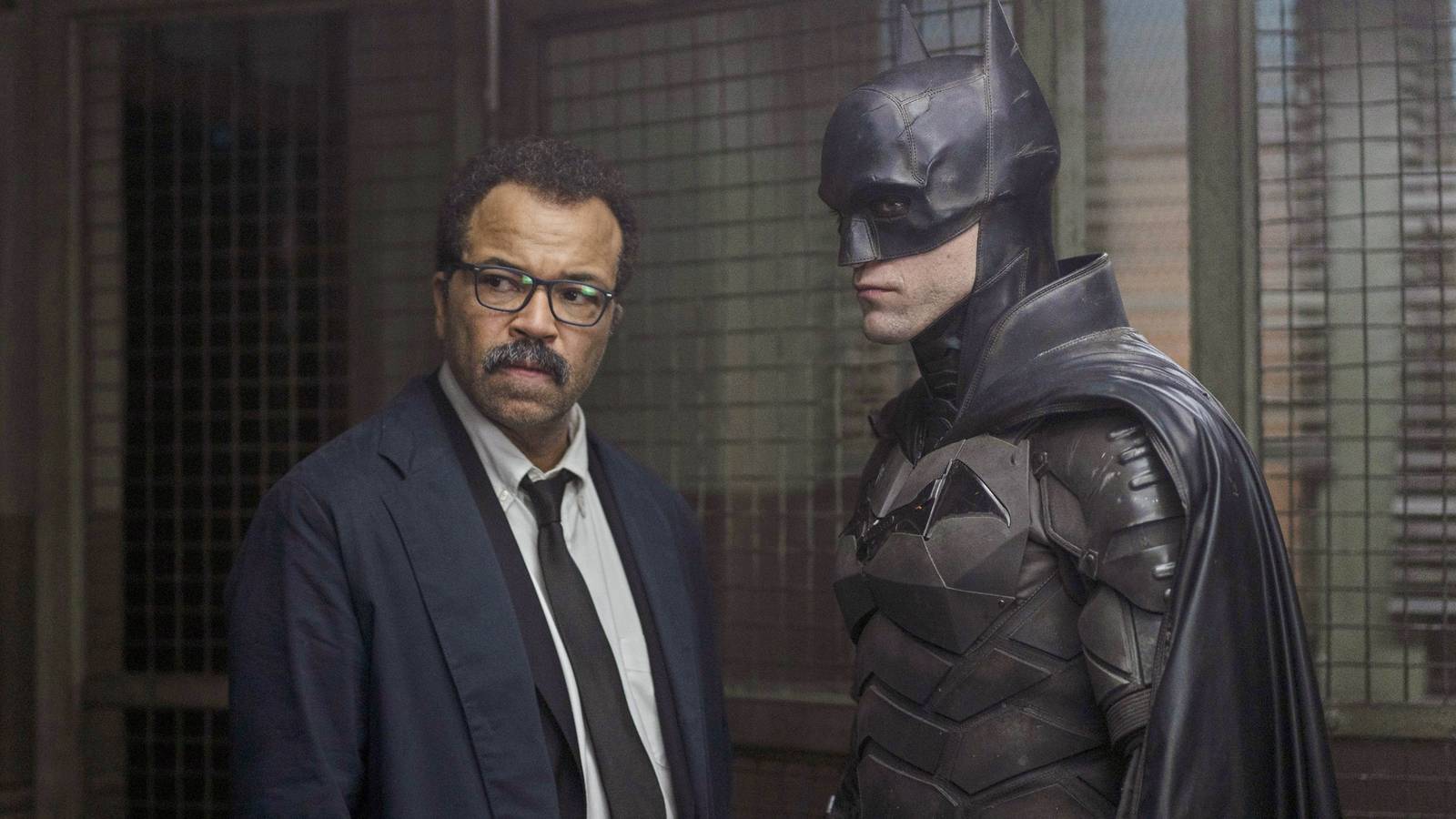Liberia's Grand Comeback: UN Tourism Membership Reinstated After 13 Years!
After a thirteen-year hiatus, Liberia has officially rejoined the global tourism community, regaining its full membership in the United Nations World Tourism Organization (UN Tourism). This monumental announcement signifies a critical diplomatic and developmental victory for the West African nation and profoundly underlines President Joseph Nyuma Boakai Sr.'s strategic intent to elevate tourism as a cornerstone of Liberia's post-war recovery and economic diversification efforts. The return to the international tourism stage is not merely symbolic but represents a tangible step towards unlocking vast potential.
The reinstatement is being heralded as both a diplomatic triumph and a strategic revival, following years of inactivity primarily due to non-compliance with membership obligations. The intricate process of Liberia’s return was meticulously orchestrated under the astute leadership of Princess Eva Cooper, the Director General-Designate of the newly established Liberia National Tourism Authority (LNTA), supported by her deputy, Atty. Dogba K. Norris. Through intensive, high-level dialogues and negotiations with the UN Tourism Secretariat, the Liberian delegation achieved a significant breakthrough within a mere two weeks: securing a ten-year payment plan for outstanding dues and, crucially, the immediate restoration of Liberia's full membership rights, including vital voting privileges. Director General-Designate Cooper emphasized that "This achievement is a testament to President Boakai's vision to reposition tourism as a national priority," adding that "Liberia's story is one of renewal, resilience, and rediscovery."
With its full membership now firmly reinstated, Liberia proudly re-enters the esteemed circle of nations actively shaping global tourism policy and standards. This pivotal move unlocks a wealth of critical opportunities for the country. Liberia will now gain access to essential funds earmarked for development projects, enhanced global influence and exposure, and invaluable capacity building initiatives for its staff members and other stakeholders. Furthermore, Liberian professionals will benefit immensely from world-class training programs and workshops specifically designed to advance destination branding, promote sustainability, and facilitate digital transformation within the tourism sector. The country also becomes eligible for crucial tourism-related grants and vital infrastructure support, ensuring that Liberia's unparalleled coastal beauty, rich cultural tapestry, and remarkable biodiversity will be vigorously promoted to a broad global audience. For a nation boasting over 350 miles of pristine Atlantic coastline, extensive lush rainforests, and a profoundly resilient cultural heritage, the economic and social possibilities emerging from this re-engagement are truly immense. The LNTA confidently asserts that "tourism is now not just an industry, but a vital enabler of growth and national identity."
Liberia’s inherent tourism potential is not a recent discovery. Prior to the devastating civil wars that engulfed the country from 1989 to 2003, Liberia stood as a notable and attractive destination within West Africa, drawing international visitors to its picturesque beaches, dense rainforests, and the vibrant, cosmopolitan scene of Monrovia. During the 1960s and 70s, Robertsport was recognized as a premier surfing haven, while the iconic Ducor Palace Hotel symbolized African luxury and the optimistic spirit of post-independence progress. However, decades of profound political instability, widespread infrastructural collapse, and severe damage to its international image in the aftermath of the wars tragically eroded these significant gains. Post-conflict recovery efforts throughout the 2000s, while crucial, primarily prioritized peacebuilding and governance reform, often at the expense of tourism development. By the early 2010s, Liberia’s membership in key global tourism institutions had regrettably lapsed, a stark reflection of years characterized by limited policy coordination and institutional neglect. Although a nascent revival began under the Sirleaf administration, featuring initiatives like "Enjoy Liberia Travel" and community-based eco-tourism projects in Sapo National Park, progress remained largely fragmented due to the absence of a dedicated national tourism authority and robust legislative backing.
President Boakai’s administration, however, appears resolutely determined to fundamentally alter this trajectory. Earlier this year, he signed into law the Liberia National Tourism Authority (LNTA) Act of 2025, which effectively created a statutory body specifically tasked with coordinating and vigorously driving national tourism policy. President Boakai has consistently and eloquently characterized tourism as Liberia's "sleeping giant"—a sector rich in resources with an extraordinary potential to generate thousands of jobs, significantly boost foreign exchange earnings, and foster a profound sense of cultural pride. The government's comprehensive ARREST Agenda—an acronym emphasizing Agriculture, Roads, Rule of Law, Education, Sanitation, and Tourism—strategically positions the tourism sector at the very heart of the nation's broader renewal strategy. A senior LNTA official articulately explained, "Tourism offers a unique chance to rebrand Liberia. It connects our economy to the world while celebrating what makes us distinct—our people, our culture, and our natural beauty."
While optimism surrounding this development is justifiably high, experts prudently caution that translating this reinstated membership into tangible, widespread results will necessitate sustained and significant investment in crucial infrastructure, unwavering policy consistency, and sophisticated international marketing strategies. Persistent challenges such as poor road networks, constrained air connectivity, and varying hospitality standards continue to present formidable barriers to achieving large-scale tourism growth. Nevertheless, Liberia's triumphant re-entry into UN Tourism undeniably furnishes a robust and credible platform for transformative change. The immediate focus, according to informed insiders, will strategically center on developing and promoting eco-tourism, surf tourism, and cultural heritage experiences—sectors that are in perfect alignment with prevailing global trends emphasizing sustainability and authentic local encounters. International observers suggest that Liberia could effectively emulate the successful models of neighboring countries like Ghana and The Gambia, which have skillfully leveraged their rich cultural heritage, strong diaspora ties, and abundant environmental tourism assets to vigorously drive national development.
For a multitude of Liberians, this reinstatement transcends mere bureaucratic success; it is a profound statement of national intent. After enduring decades of profound turmoil and periods of global disengagement, the country is forcefully reclaiming its rightful place on the world stage, with tourism serving as both a vital bridge connecting it to the international community and a powerful mirror reflecting its intrinsic identity. As Ms. Cooper so aptly summarized, "Liberia's return to UN Tourism is not the end of a journey—it is the beginning of a renaissance. We are ready to tell our story again."
You may also like...
Explosive Racism Claims Rock Football: Ex-Napoli Chief Slams Osimhen's Allegations

Former Napoli sporting director Mauro Meluso has vehemently denied racism accusations made by Victor Osimhen, who claime...
Chelsea Forges Groundbreaking AI Partnership: IFS Becomes Shirt Sponsor!

Chelsea Football Club has secured Artificial Intelligence firm IFS as its new front-of-shirt sponsor for the remainder o...
Oscar Shockwave: Underseen Documentary Stuns With 'Baffling' Nomination!

This year's Academy Awards saw an unexpected turn with the documentary <i>Viva Verdi!</i> receiving a nomination for Bes...
The Batman Sequel Awakens: Robert Pattinson's Long-Awaited Return is On!

Robert Pattinson's take on Batman continues to captivate audiences, building on a rich history of portrayals. After the ...
From Asphalt to Anthems: Atlus's Unlikely Journey to Music Stardom, Inspiring Millions

Singer-songwriter Atlus has swiftly risen from driving semi-trucks to becoming a signed artist with a Platinum single. H...
Heartbreak & Healing: Lil Jon's Emotional Farewell to Son Nathan Shakes the Music World

Crunk music icon Lil Jon is grieving the profound loss of his 27-year-old son, Nathan Smith, known professionally as DJ ...
Directors Vow Bolder, Bigger 'KPop Demon Hunters' Netflix Sequel

Directors Maggie Kang and Chris Appelhans discuss the phenomenal success of Netflix's "KPop Demon Hunters," including it...
From Addiction to Astonishing Health: Couple Sheds 40 Stone After Extreme Diet Change!

South African couple Dawid and Rose-Mari Lombard have achieved a remarkable combined weight loss of 40 stone, transformi...


